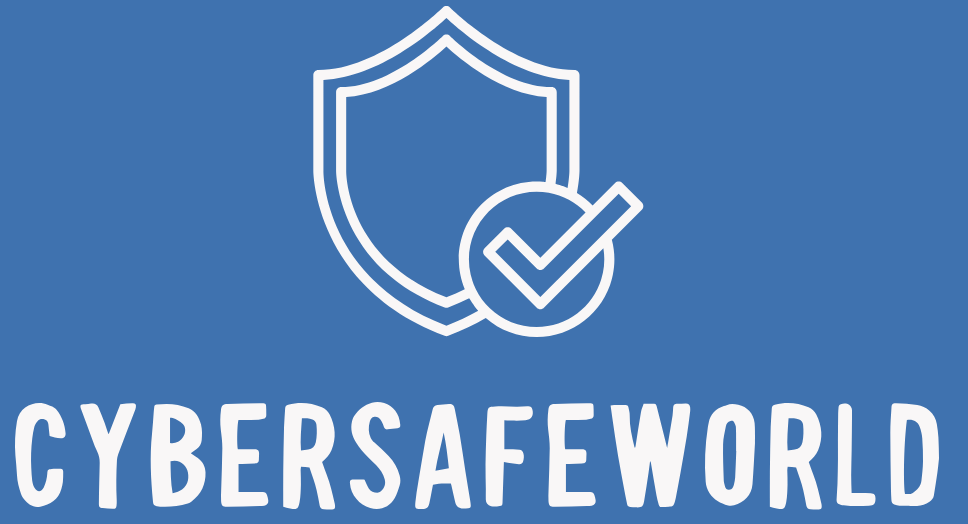Let’s be honest — remembering passwords is annoying. Between your email, streaming services, bank accounts, and social media, it feels impossible to keep track of everything. So, a lot of people reuse the same password everywhere, or choose something easy like “password123.” But here’s the problem: hackers know that. And weak passwords are one of the fastest ways for cybercriminals to get into your accounts.
Think of your password as the lock on your digital front door. If it’s flimsy or predictable, anyone can walk right in. According to a 2023 study, over 80% of hacking-related breaches happened because of weak or stolen passwords. That’s a scary number — but it’s also something you can fix easily.
So what makes a strong password?
A good password is long, unpredictable, and unique. Aim for at least 12 characters using a mix of upper- and lowercase letters, numbers, and symbols. Avoid using personal details like your pet’s name, birthday, or “qwerty.” For example, “T!g3rL0ver2010” might feel clever, but it’s still guessable if your Instagram shows your cat named Tiger.
A stronger approach is to use a random phrase — something like “Sail!ngAtSunset_47.” Easy to remember, tough to crack. Even better, use a password manager like Bitwarden, 1Password, or Dashlane. These tools generate and store complex passwords for you securely, so you only have to remember one master password.
But even the best passwords can be stolen, which is why Two-Factor Authentication (2FA) is so powerful. 2FA adds a second step to verify your identity — usually a text message, email code, or app prompt after entering your password. So even if a hacker somehow gets your password, they still can’t log in without that second code.
Apps like Google Authenticator, Authy, or Microsoft Authenticator make 2FA fast and easy. Many major platforms — Instagram, Gmail, PayPal, and even gaming accounts — now support it. It might take five extra seconds to log in, but it adds a huge layer of protection.
To see how effective it is, consider this: Microsoft reported that enabling 2FA blocks 99.9% of automated hacking attempts. That’s basically bulletproof security for something so simple.
Here’s how to level up your security today:
- Change any password that’s short, reused, or guessable.
- Use a password manager to create unique passwords for each account.
- Turn on 2FA wherever possible — especially for email, banking, and social media.
- Never share your passwords with anyone, even friends or coworkers.
- Be careful of “password reset” emails — scammers often fake them. Always check the sender’s address before clicking.
Your passwords are the first line of defense in the digital world. A single weak password can open the door to identity theft, financial loss, or worse. But with strong passwords and two-factor authentication, you’re already miles ahead of most people online.
At CyberSafeWorld, we believe cybersecurity doesn’t have to be complicated — just consistent. Protect your accounts, take advantage of 2FA, and make security a habit. The stronger your passwords, the safer your world.
